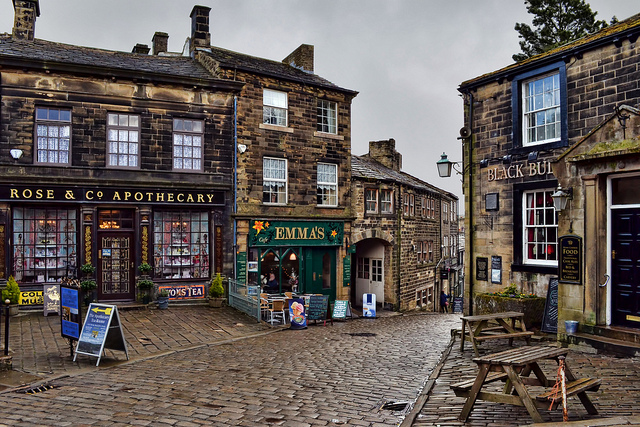A controversial new study by the Centre for Retail Research suggests that over 25 percent of retail shops in the West Midlands are likely to close during the next five years. The study has resulted in passionate discussion amongst local shop owners, many of whom believe that the study paints an overly negative picture of business.
The study, published earlier this month, claims that the country will need to make use of the large amount of vacant retail land left by the closure of stores. The main reason for limited retail growth, it claims, is the massive increase in the amount of Britons making use of online shops for everything from new clothes to groceries.
Many of Britain’s ‘main street’ shopping areas have faced a long-term downturn that has been fuelled by a slow-moving economy and the rise of e-commerce. With twelve percent of retail dollars spent online, Britons are increasingly moving onto the web for their shopping needs, citing lower prices and convenience as their motivation.
Shop owners, however, claim that the figures aren’t as true as many think. They cite a variety of reasons for shoppers preferring to buy locally, ranging from service and convenience to the commitment they feel to the community. It’s a convincing point, and one that’s particularly true in areas of dense residential and retail development.
The regions predicted to be hardest hit by the downturn in retail spending include the North West, where 28 percent of shops are predicted to close, Wales, where 29 percent of retailers are predicted to shut down, and the West Midlands, where over 25 percent of retail shops are expected to close by 2018.
With the average high street store paying upwards of £10,000 in monthly rent and a large number of online retailers drastically undercutting their prices, the conclusion reached by the study – while certainly controversial – may not be as unrealistic as shop owners claim.



